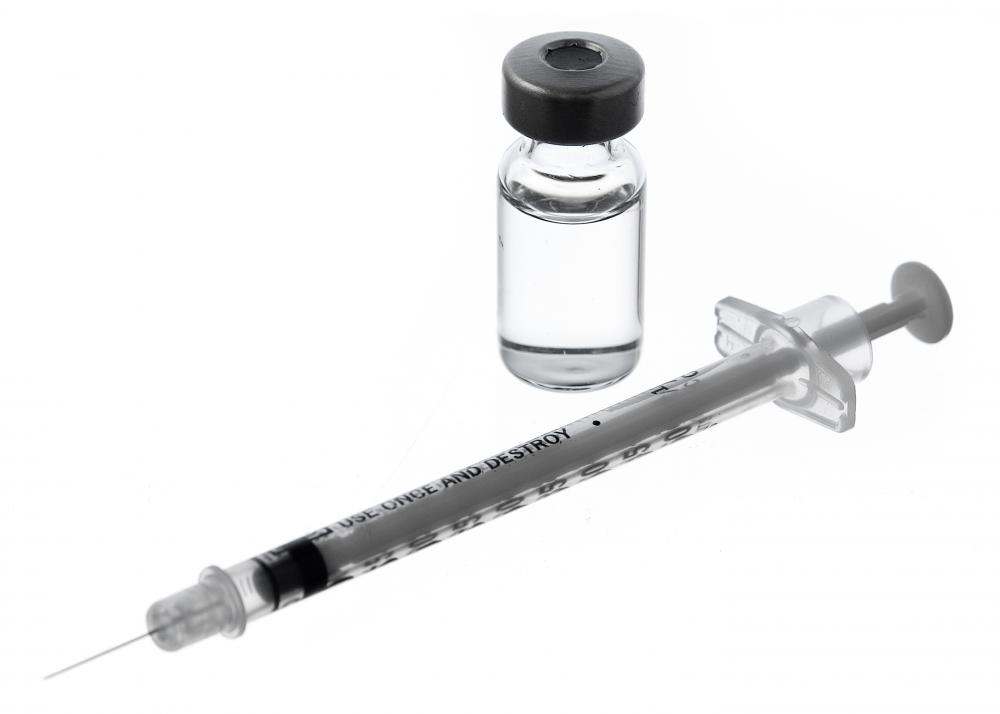At PracticalAdultInsights, we're committed to delivering accurate, trustworthy information. Our expert-authored content is rigorously fact-checked and sourced from credible authorities. Discover how we uphold the highest standards in providing you with reliable knowledge.
What does a Virologist do?
A virologist conducts research on viruses that infect humans, animals, bacterial cells and plants. He normally works in a laboratory studying organisms under a microscope, followed by extensive research conducted online or at medical libraries. His job may be in the medical environment of a hospital or clinic or in a diagnostic, industrial or research laboratory.
Food and beverage companies also commonly hire virologists, as do pharmaceutical and biotechnology firms. Virologists at these firms often work with other research scientists on consumer-oriented studies. Groups or individuals conducting private research projects to develop vaccinations often hire virologists through independent contracts.

As a virologist conducts his research, his area of concentration is normally on virus replication. This distinct ability to assume characteristics of the host cells on which they thrive is typically what makes viruses so difficult to control or eradicate. The viral parasite sometimes controls the original cells so significantly that the initial cells replicate the virus rather than themselves.

The virologist's job normally requires him to study substances produced by different viruses. These regularly include proteins and nucleic acids as well as less common substances. Examining by-products of virus cells frequently gives the virologist insight into how the organisms so successfully invade healthy cells.
Besides microscopic examinations, a virologist frequently tests common substances for viral infections. By analyzing various samples of food, water and other natural environmental materials, new viruses or mutations thereof are frequently discovered. The discovery of contamination sources are often the result of these analyses.

Professionals in this scientific field also regularly develop vaccines used to immunize animals, people and plants against impending infections. They also create formulas to help cure infections. Many of the most successful vaccines and cures available today are the result of virologists’ vigorous efforts in field testing procedures.
This job is generally considered more dangerous than many other medical research positions. Virologists often handle organisms that have proved to be deadly. They frequently work with substances whose dangers have yet to be determined. Protective clothing and sealed biohazard rooms are commonly part of a virologist’s job environment.

A bachelor’s degree in immunology or microbiology is normally required before a person can specialize in virology. A medical virologist career commonly requires a medical degree prior to the pursuit of specialization. Senior research virologist positions usually require the job candidate to have a Ph.D. or master’s degree in an applicable science.
AS FEATURED ON:
AS FEATURED ON:


















Discussion Comments
@wander: Well, that can be true depending on how well you fight it. If you don't do the job right and some survive, they can go on to develop resistance.
Antibiotics do not actually work on viruses anyway, as antibiotics are made to target parts of living bacterial cells that viruses do not actually have, such as the cell wall. Part of the cause of super bugs' immunity is actually in the use of antibiotics against viral infections.
Virologists are always in the news every time flu season rolls around and a new strain of influenza is set to wreak havoc on the young and old. We spend a fortune on making sure we have the latest vaccinations because without them the results of the common flu would be a lot more devastating if left unchecked.
I wonder though, how much our fight with new strains of the flu is really of our own making? From what I gather the more you combat something, the more it adapts and comes back nastier and meaner each year. If I remember correctly, this is the case with new viruses they find that are resistant to antibiotics, the so-called super bugs.
Whenever I think about virologists I always get the Hollywood picture in my mind of a rough and tumble scientist out to combat some horrible viral mutation and save a city. This has been a favored plot in a lot of post-apocalyptic movies and those with zombies rising from the infected corpses of those unfortunate enough to fall.
I think that being an actual virologist would be a fascinating look at what nature and man can create with enough time. You always hear of some new super virus that is threatening the population, so perhaps Hollywood isn't so far off their portrayal of virologists. As with anything, they are just dramatizing things for a little excitement.
@alisha-- Yes, you're right. I completely agree that we need to support virologists in their research because in my view, the future of medicine is going to be deeply impacted by them.
I didn't know about their work in cancer, it's good to know that they are working to find a cure. I have heard about virologists work with HIV. As far as I know virologists are studying the origins of HIV to learn how it has spread to humans and if it has evolved at all.
I think virologists also study cancer and work to try and find cures. I know for sure that they work on cervical cancer because cervical cancer is actually caused by a virus called HPV. Virologists are working to find drugs that can kill the virus, or at least control it.
This work is so important! If a cure for this virus is find, cervical cancer would be eliminated altogether.
Despite their work on such important illnesses and research projects, I'm actually surprised that many people don't know much about virologists and what they do. I myself found out about their work recently. But virologists really need to be funded and supported so that they can continue their research.
I'm studying to be a veterinarian and we have virologists as part of our program faculty. Before he started teaching, my Professor was doing research on animal viruses and how the viruses interact with their host. Now, he is teaching virology courses and helping veterinary students with their research projects.
Post your comments